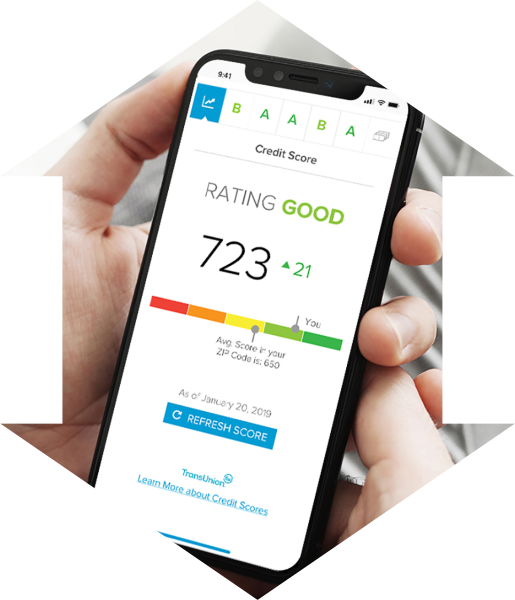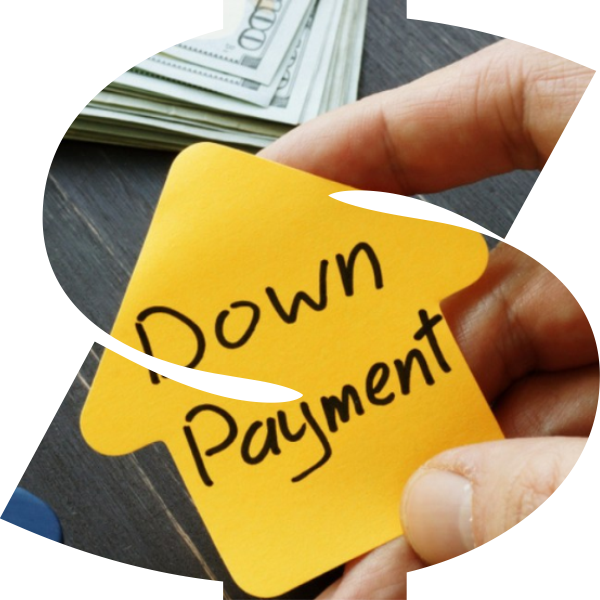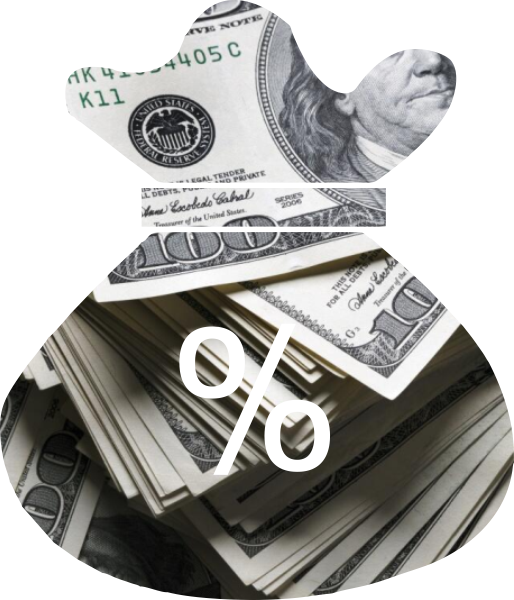Are you dreaming of owning your own home but feeling daunted by the hefty down payment and stringent credit requirements of conventional loans? FHA loans might just be the key to making your homeownership dreams a reality. In this guide, we’ll walk you through everything you need to know about FHA loans – from what they are to how to qualify, and everything in between.

FHA stands for Federal Housing Administration, a government agency established in 1934 to help stimulate the housing market by making homeownership more accessible to Americans.
An FHA loan is a mortgage insured by the FHA, which means that lenders are protected against losses if the borrower defaults on the loan. This insurance allows lenders to offer more favorable terms than conventional loans.
While FHA home loan requirements are known for being more lenient than conventional loans, there are still some criteria you’ll need to meet:

One of the most attractive features of Federal Housing Administration loans is that they require a low down payment. With an FHA mortgage, you can put down as little as 3.5% of the purchase price. If you put 5% down or more, your monthly mortgage insurance decreases from 0.55% to 0.5%, and if you put 10% or more down, your mortgage insurance expires after 11 years.



Curious about how much you can afford to borrow with an FHA loan? Use our handy FHA loan calculator to crunch the numbers! Simply input your loan amount, interest rate, and term, and the calculator will estimate your monthly mortgage payment. It is a quick and easy way to get a ballpark figure of what your monthly payments might look like.
It is important to note that FHA loans are subject to loan limits, which vary by county and are adjusted annually. These limits dictate the maximum amount you can borrow with an FHA loan. Be sure to check the FHA loan limits in your county to ensure you stay within the allowable range.

FHA loan limits are determined on a county-by-county basis, primarily based on the median home prices from the previous year. The Federal Housing Finance Agency (FHFA) uses housing price data to establish conforming loan limits for conventional loans. The U.S. Department of Housing and Urban Development (HUD) employs these limits to set both a “floor” and a “ceiling” for FHA loans.

The “floor” represents the maximum loan amount available for FHA loans in most regions, calculated as 65% of the conforming loan limit. In contrast, the “ceiling” pertains to high-cost areas and can be as much as 150% of the conforming loan limit.
In 2024, Florida’s new FHA loan ceilings are $498,257 for one-family properties, $637,950 for two-family properties, $771,125 for three-family properties, and $958,350 for four-family properties. However, some Florida counties go even higher because Key West (Monroe County), Naples (Collier County), Miami (Miami-Dade County), West Palm Beach (Palm Beach County), and Fort Lauderdale (Broward County) are some of the cities where you can find higher FHA loan limits.
See the FHA Loan Maximum Limits 2024 – Florida in our blog “2024 FHA Florida Loan Limits & Guide”

You may be wondering, “What’s the difference between an FHA loan and a conventional loan?” While both types of loans can help you purchase a home, there are some key distinctions to be aware of:

As mentioned earlier, FHA loans typically require a lower down payment compared to conventional loans, making them more accessible to borrowers with limited funds.

FHA loans are more forgiving of past credit mistakes, making them a viable option for borrowers with less-than-perfect credit. Conventional loans tend to have stricter credit requirements.

With an FHA loan, you’ll be required to pay mortgage insurance premiums (MIP) for the life of the loan, whereas conventional loans may allow you to cancel private mortgage insurance (PMI) once you reach a certain equity threshold.
For a more in-depth comparison, read our page “Conventional Loans Explained”


FHA mortgages offer a lifeline to aspiring homeowners who may not qualify for conventional loans due to limited funds or less-than-perfect credit. With their low down payment requirements and more lenient credit standards, FHA loans make homeownership more attainable for countless Americans. So if you’re ready to embark on the journey to homeownership, consider exploring the benefits of an FHA loan today!
Start exploring your options for a mortgage loan today and take the first step towards achieving your homeownership goals.
Keywords:
fha loan requirements fl, fha home loan florida, fha florida, fha loans in florida, fha mortgage florida,
fha max loan amount florida, fha requirements florida, fha loan florida requirements, fha loan qualifications florida, fha limits florida, apply for fha loan florida, fha loan florida income requirements, fha loan guidelines florida, how to apply for fha loan florida, what is a fha loan florida, fha loans fl, fha lenders in florida, fha county loan limits florida, how to qualify for fha loan in florida
fha loan application florida, how to get a fha loan in florida, how to get an fha loan in florida, what is an fha loan florida.